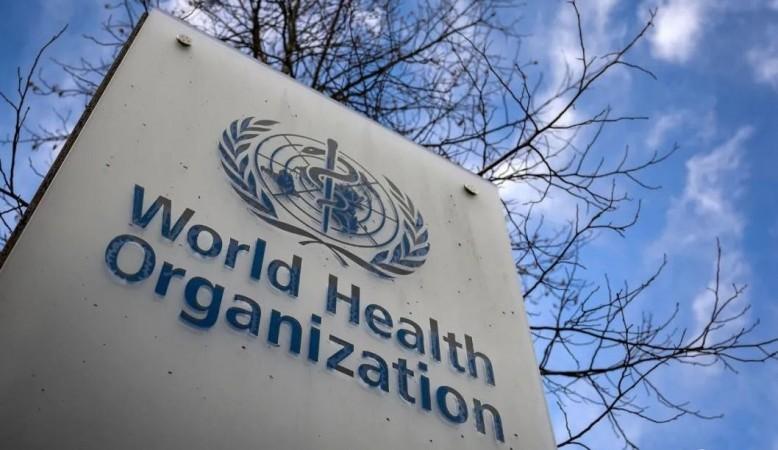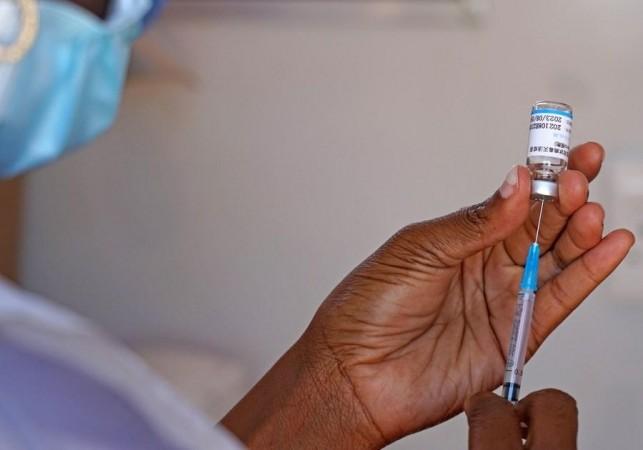
The World Health Organization (WHO) has recently issued a call to action, urging countries to intensify their efforts to identify and immunize unvaccinated and under-vaccinated children. This plea comes in the wake of alarming global data revealing that nearly 3.4 million children in the Southeast Asia Region, including India, did not receive all vaccines offered under the childhood immunization program.
Saima Wazed, the Regional Director of WHO South-East Asia, has been at the forefront of this call. She emphasized the urgency of the situation, stating, The increasing numbers of unvaccinated and under-vaccinated children calls for urgent and accelerated action.
The data, jointly released by WHO and UNICEF, also revealed that about 2.7 million children did not receive any vaccines, leaving them vulnerable to life-threatening diseases. This includes India, where 16 million children did not receive any vaccine against diphtheria, tetanus, pertussis (DTP), and measles.
The Southeast Asia Region is currently off track to achieve the 2030 immunization agenda and the regional vaccine action plan, which aims to achieve over 90% coverage with three doses of DTP vaccines in all countries. The joint immunization data further shows DTP1 coverage in the Region at 92%, below the pre-pandemic 94% in 2019, and DTP3 coverage, an indicator of full immunization, at 90%, less than pre-pandemic 91% in 2019.
The situation is further complicated by the decline in children receiving the first dose of measles vaccine -- typically at 9 or 12 months -- which dropped to 91% in 2023 from 94% in 2019. However, coverage with the second dose of measles vaccine administered to children between 18 months and five years old remained relatively constant at 85%.
In response to these challenges, Wazed called for tailored approaches, identified in consultation with the affected communities. This approach recognizes the need for local solutions to local issues, acknowledging that the circumstances and challenges faced by communities can vary greatly.

Despite the current challenges, there have been significant public health advances facilitated by vaccination in recent years. These include the elimination of polio and maternal and neonatal tetanus, while some countries have eliminated measles, rubella, and controlled hepatitis B among children in the region.
However, the current situation underscores the need for continued vigilance and action. Monitoring and accountability must be enhanced at all levels for timely identification and action to address issues and challenges.
The current situation calls for a similar concerted effort as seen in historical global health initiatives. As Wazed stated, no matter how challenging or remote the setting is, all of us need to find new ways to reach the children most at risk of life-threatening diseases.

















